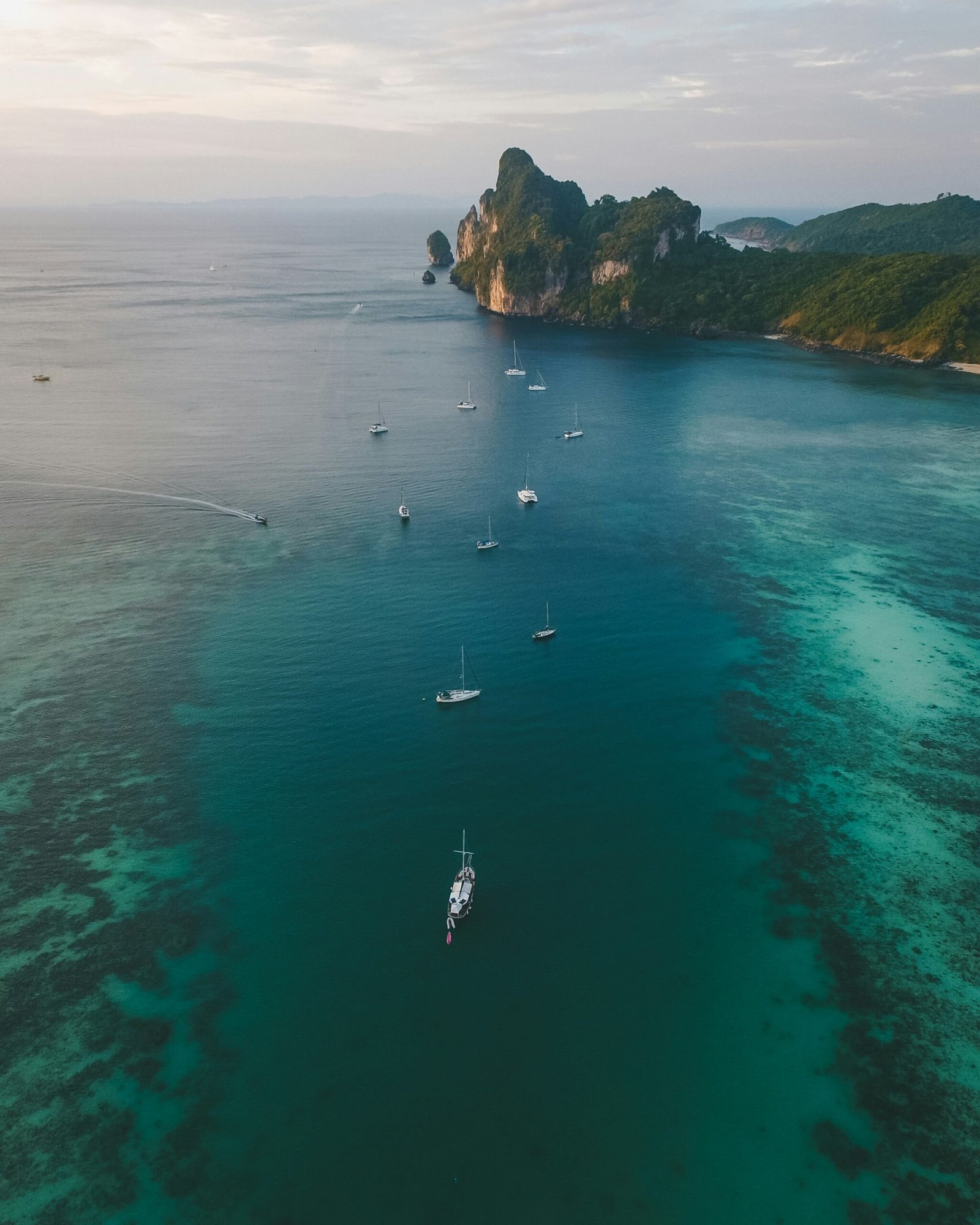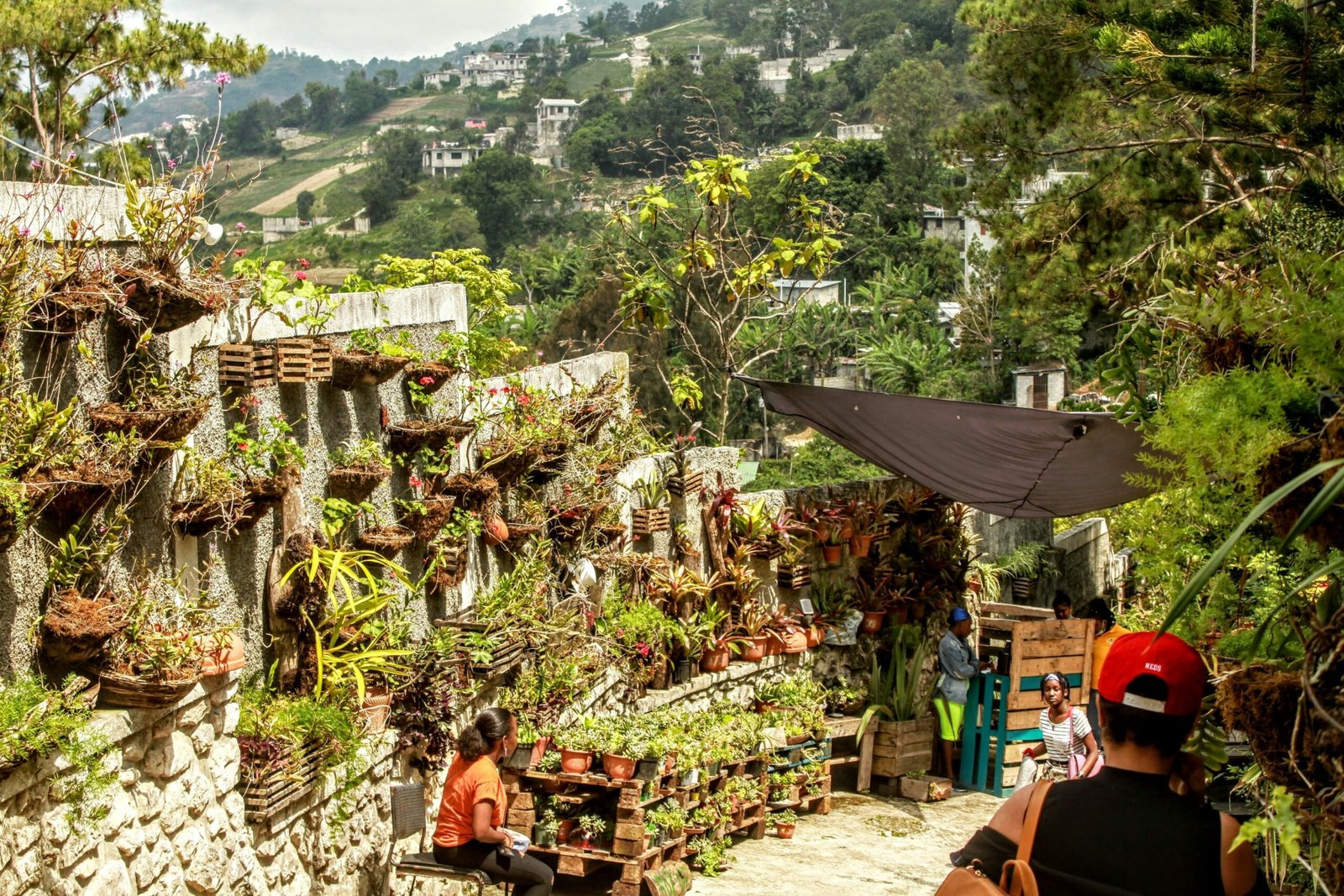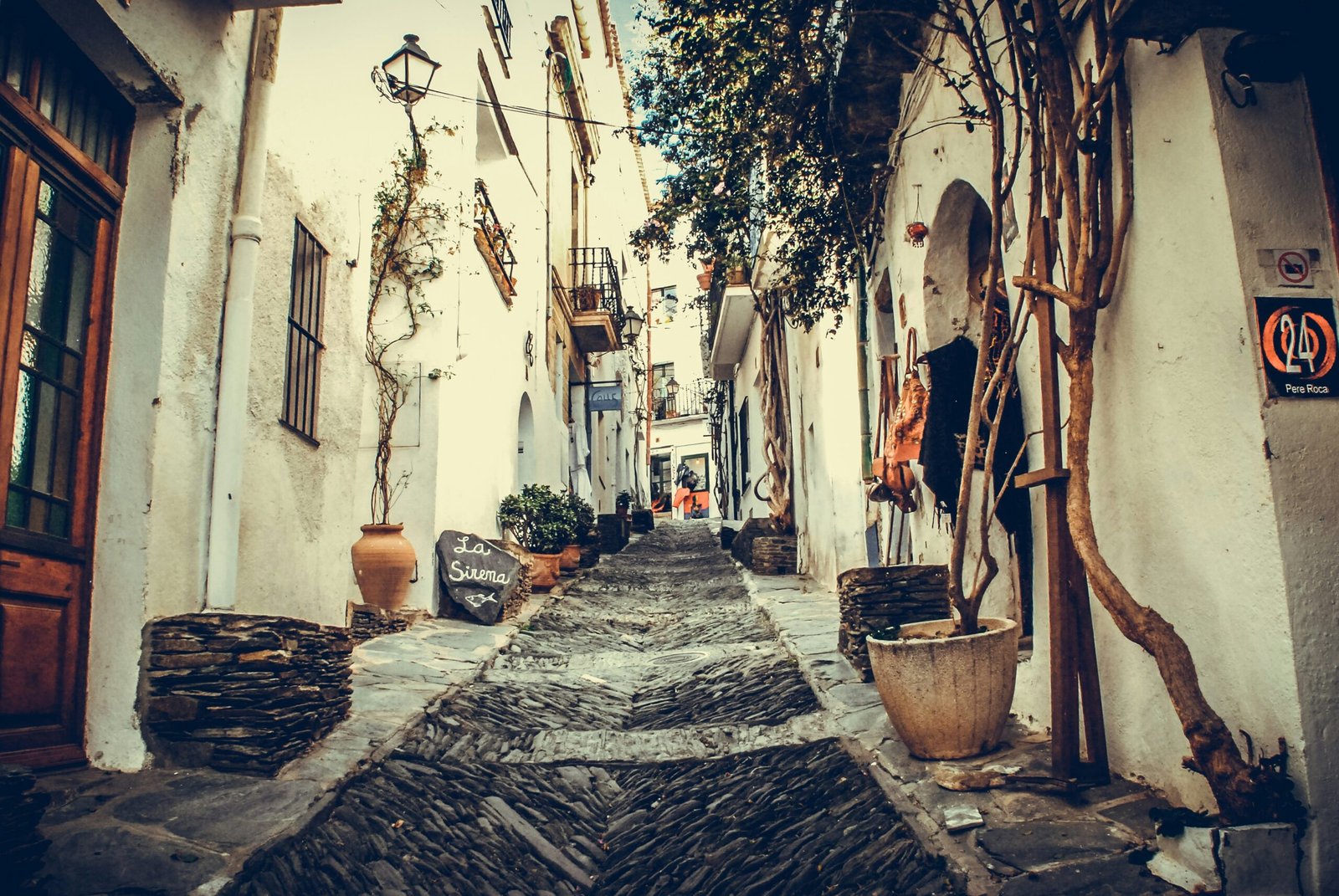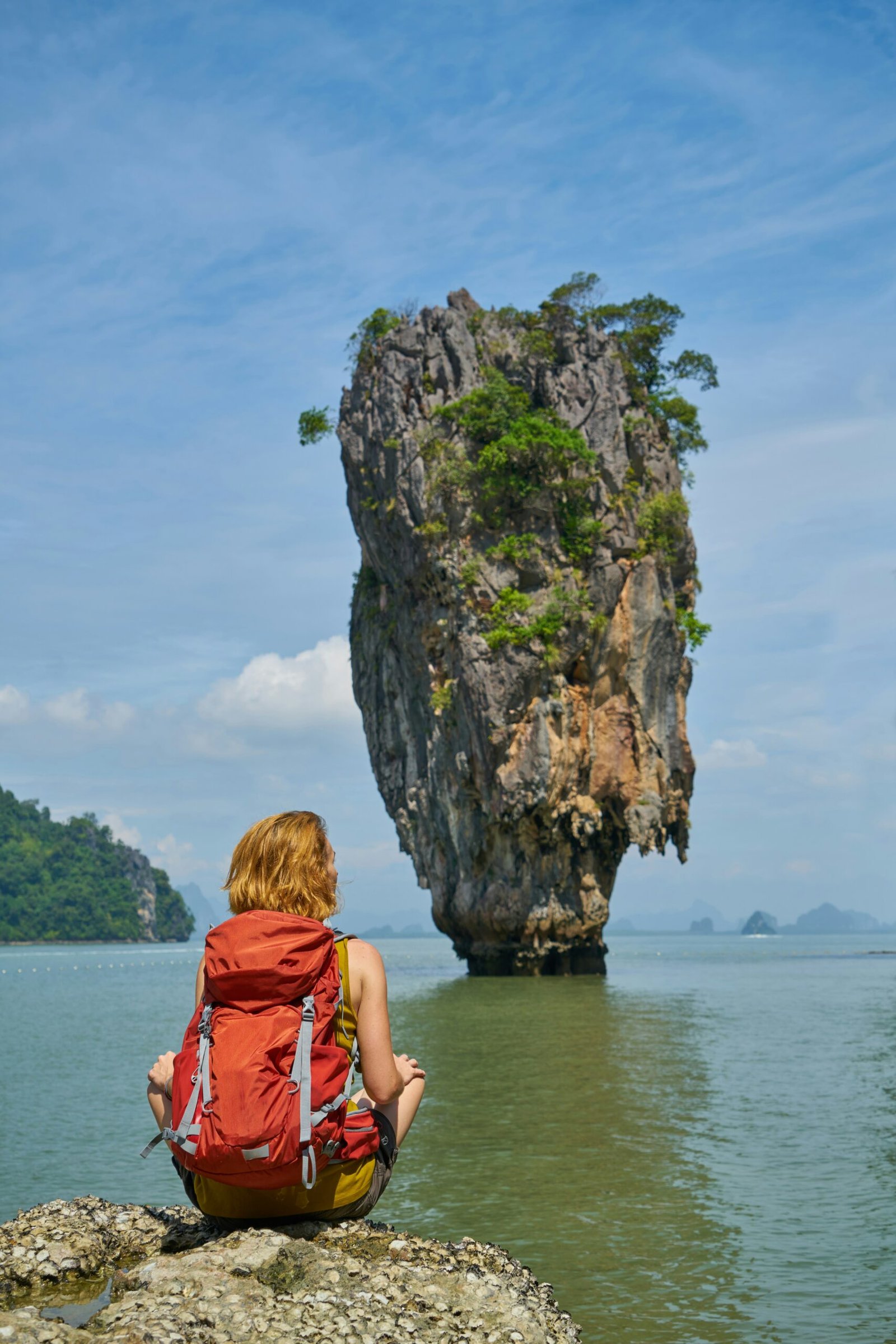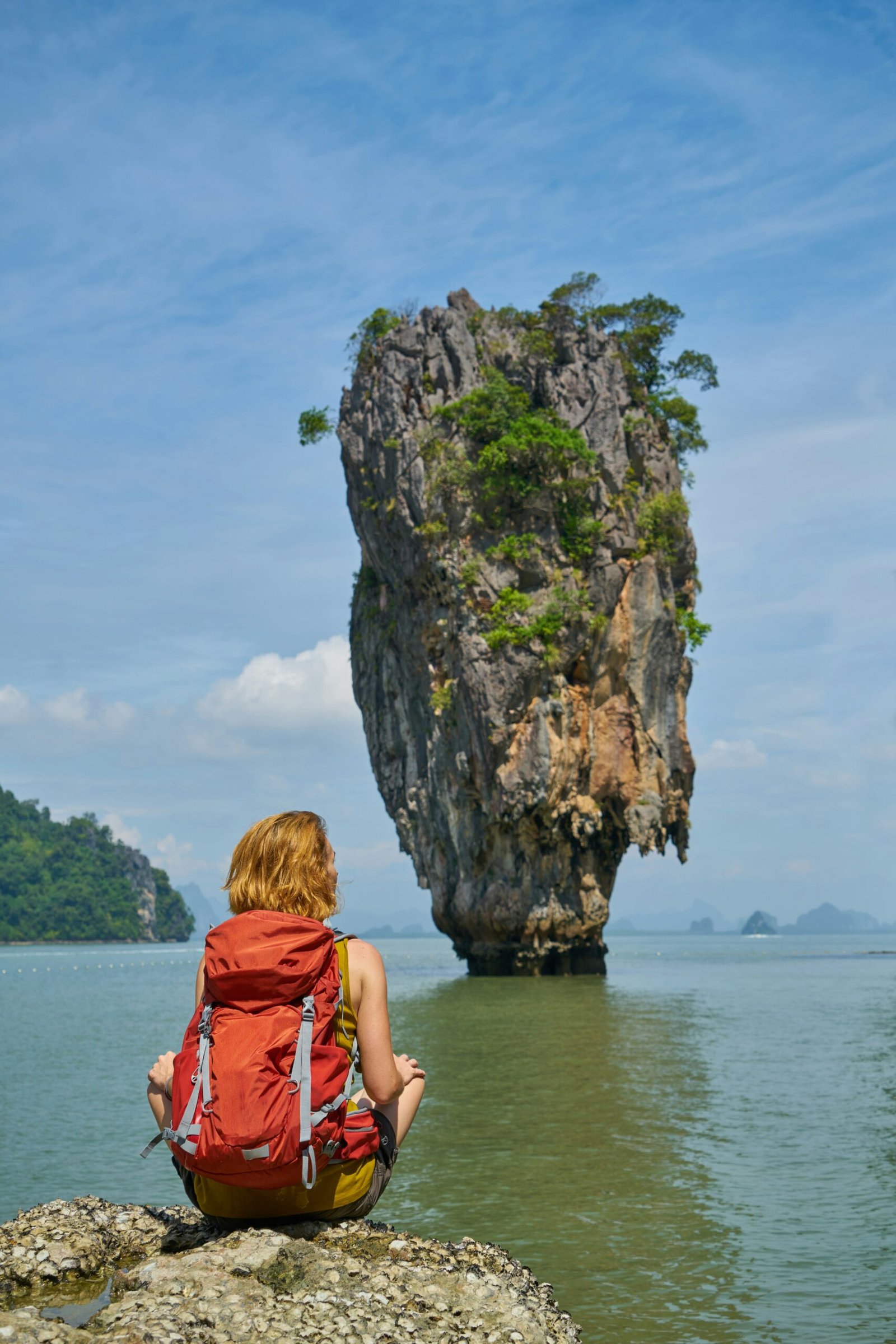Introduction to Leisure Tourism
Leisure tourism is a significant segment of the travel industry focused primarily on travel undertaken during periods of free time for the purposes of relaxation, enjoyment, and recreation. Unlike business tourism, which centers on professional obligations, or cultural tourism, which aims to explore heritage and traditions, leisure tourism emphasizes personal satisfaction and the pursuit of pleasure. It encompasses a wide range of activities, from sunbathing on a tropical beach to exploring the great outdoors through hiking or cycling.
This type of tourism provides individuals with an opportunity to escape daily routines and rejuvenate both physically and mentally. By engaging in leisure tourism, travelers can immerse themselves in different environments, connect with nature, or experience new cultures without the pressures associated with work-related travel. The essence of leisure tourism is not merely the act of traveling for the sake of it, but rather the intention behind it—to find enjoyment and fulfillment away from daily responsibilities.
Leisure tourism can take many forms, including beach vacations, adventure trips, wellness retreats, cultural experiences, and gastronomic tours. This diverse range allows individuals to tailor their experiences according to personal preferences, making leisure tourism appealing to various demographics. It fosters an environment where individuals can indulge in their passions, whether that’s lounging by a pool, engaging in outdoor sports, or exploring historic cities.
In essence, leisure tourism provides a platform for enriching experiences that promote well-being and personal growth. As the travel landscape continues to evolve, understanding the distinction of leisure tourism becomes pivotal in appreciating its impact on individuals and communities globally. Thus, whatever your interests may be, there is a leisure tourism experience waiting to be discovered, offering numerous paths to both relaxation and excitement.
Different Types of Leisure Tourism
Leisure tourism encompasses a diverse array of travel experiences catered to various interests and preferences. This form of tourism can be categorized into several distinct types, each offering unique attractions and experiences that cater to the diverse needs of travelers. Among these categories are adventure tourism, ecotourism, cultural tourism, and urban tourism.
Adventure tourism is characterized by thrilling and adrenaline-pumping experiences. This type often involves physical activities such as trekking, rock climbing, or white-water rafting, typically set in breathtaking natural environments. Adventure travelers seek not only excitement but also the opportunity to explore remote or rugged landscapes. Popular destinations include the Himalayas for trekking or New Zealand for bungee jumping, allowing travelers to connect with nature while engaging in exhilarating activities.
In contrast, ecotourism focuses on responsible travel to natural areas, promoting conservation and sustainability. Ecotourists prioritize minimizing their environmental impact while experiencing the beauty of nature. Activities often include wildlife watching, hiking in national parks, and participating in conservation efforts. This form of tourism encourages travelers to learn about local ecosystems and cultures, fostering a deeper appreciation for the environment and its preservation.
Cultural tourism, on the other hand, provides an opportunity for travelers to engage with the history, traditions, and lifestyles of different communities. It includes activities such as visiting museums, attending festivals, and exploring architectural wonders. This type of tourism can offer profound insights into local customs and practices, enriching the travel experience through interaction and learning.
Lastly, urban tourism focuses on experiencing the vibrancy of city life. Travelers in this category often seek urban attractions such as restaurants, nightlife, shopping, and cultural landmarks. Major cities like Paris, New York, and Tokyo draw millions of tourists who are eager to immerse themselves in the dynamic cultural scenes that these urban environments offer.
The Importance of Local Attractions
Local attractions play a pivotal role in leisure tourism, serving as significant highlights that enhance the overall travel experience for visitors. Tourists often seek to immerse themselves in the culture and heritage of their chosen destination, making local landmarks, parks, and cultural sites essential components of their leisure itinerary. These attractions not only provide an opportunity for relaxation but also allow travelers to engage with the local community, creating more meaningful connections during their visit.
Cultural landmarks, such as historic buildings and museums, offer tourists a glimpse into the history and traditions of the area. They serve as educational resources that foster a deeper appreciation for the local culture, which enriches the leisure tourism experience. Exploring these sites often leads to unexpected discoveries, such as unique art exhibitions, interactive installations, and local handicrafts that contribute to a more authentic understanding of the destination.
Parks and recreational areas provide a respite from the hustle and bustle of urban environments, allowing tourists to unwind and rejuvenate during their travels. Whether it is a peaceful stroll through a botanical garden, a picnic in a local park, or adventurous activities in nature reserves, these natural attractions are vital for enhancing leisure time. Engaging in outdoor pursuits not only promotes physical well-being but also encourages mental health benefits, making them integral to a holistic leisure tourism experience.
Furthermore, the integration of local events, such as festivals, fairs, and performances, adds another dynamic layer to the attractions available for tourists. These events provide entertainment and an opportunity for travelers to participate in the local culture, fostering a sense of community and shared experiences. Consequently, local attractions are fundamental in shaping the leisure tourism landscape, providing visitors with memorable experiences that extend beyond mere observation.
Resorts and Relaxation
In the realm of leisure tourism, resorts stand out as prime destinations that seamlessly blend relaxation and adventure. These establishments typically offer a comprehensive range of amenities and services, ensuring that guests have access to both indulgent relaxation and exciting recreational activities. When contemplating a leisure getaway, the choice of resort can significantly enhance the overall experience.
One of the main attractions of resorts is their spa and wellness centers, which focus on nurturing both physical and mental well-being. Guests can immerse themselves in an array of spa treatments, ranging from massages and facial therapies to holistic wellness programs. Such services are designed to rejuvenate the spirit, offering a perfect antidote to the stresses of everyday life. Furthermore, many resorts integrate local healing traditions into their spa offerings, providing visitors with unique experiences that cater to diverse wellness preferences.
In addition to wellness treatments, resorts often provide various recreational facilities. These may include swimming pools, fitness centers, and organized activities, such as yoga classes or outdoor adventures. Guests can partake in excursions that explore nearby natural wonders or engage in water sports, providing a balance between relaxation and exploration. The presence of skilled staff to guide these activities ensures a safe and enjoyable experience for all visitors.
The significance of resorts in leisure tourism lies in their ability to create a holistic environment that encourages relaxation while offering opportunities for adventure. By combining luxurious amenities with well-curated activities, these establishments cater to the diverse needs of their guests. In conclusion, resorts and wellness centers serve as essential components of leisure tourism, providing a sanctuary for relaxation and a gateway to adventure, thus ensuring a memorable holiday experience.
Culinary Adventures in Leisure Tourism
Food tourism has emerged as a dynamic and significant subset of leisure tourism, enriching the travel experience for many adventurers and culinary enthusiasts alike. This form of tourism goes beyond merely satisfying hunger; it offers a profound engagement with local culture and traditions through the lens of gastronomy. By exploring regional cuisines, travelers can gain insights into the history, practices, and innovations that define a particular destination.
Participating in food tours has become increasingly popular, where tourists embark on guided culinary experiences to taste authentic dishes and learn about local ingredients. These tours often include visits to markets, cooking classes, and tastings at renowned restaurants, fostering an understanding of how food shapes and reflects a community’s identity. For example, a culinary tour in Italy might lead travelers through the bustling streets of Florence, sampling artisanal cheeses, hand-made pasta, and regional wines while interacting with passionate local chefs.
Furthermore, trying local cuisines can significantly contribute to the overall travel experience. The act of exploring and tasting different foods introduces leisure travelers to unique flavors and cooking techniques that may be foreign to them. This interaction not only enhances the gastronomic experience but also fosters social connections, as sharing a meal is often considered a universal way of bonding. Whether indulging in street food in Bangkok or savoring a traditional Moroccan tagine, each dish tells a story that travelers carry back home, adding layers to their journey.
In this ever-evolving landscape of leisure tourism, culinary adventures act as a powerful motivator for many individuals seeking not only relaxation but also enriching experiences. As the world becomes more interconnected, travelers are increasingly embracing food as a central element of their trips, making culinary tourism an integral part of the broader leisure tourism narrative.
Planning Your Leisure Tourism Experience
When embarking on a leisure tourism journey, effective planning is crucial to maximize enjoyment and relaxation. The first step in creating a memorable experience is to carefully select your destination. Consider factors such as personal interests, climate, and the cultural offerings of potential locations. Popular leisure tourism destinations often include tranquil beaches, scenic mountains, or vibrant cities. Engaging in thorough research can reveal hidden gems that cater to both relaxation and adventure, allowing you to find the perfect fit for your vacation dreams.
Budgeting plays a vital role in leisure tourism planning. It is advisable to establish a clear budget that accounts for transportation, accommodation, food, activities, and any unexpected expenses. By prioritizing which aspects of your trip are essential, such as adventure activities or relaxing spa treatments, you can allocate funds accordingly, ensuring a balanced experience. Utilizing online tools and apps can facilitate budget tracking, enabling you to enjoy leisure tourism without financial strain.
Timing is another essential aspect of your itinerary. Certain destinations may be more appealing during specific seasons, offering unique experiences that cater to both relaxation and adventure. For instance, visiting a coastal area in the summer may provide opportunities for water-based activities, while a fall trip could be perfect for hiking amidst the autumn foliage. Additionally, avoiding peak tourist seasons can enhance your leisure experience, allowing for a more tranquil atmosphere and reduced crowds.
Lastly, incorporating a mix of leisure and adventure in your itinerary will enrich your trip. While allocating time for relaxation, such as at a serene beach or spa, it is equally important to include invigorating activities, like hiking or exploring local attractions. Balancing these elements will ensure that your leisure tourism experience is fulfilling and diverse, allowing you to unwind and create lasting memories.
The Role of Eco-Friendly Choices
As the leisure tourism industry continues to expand, the importance of eco-friendly choices becomes increasingly evident. Eco-friendly tourism, particularly in leisure sectors, is not just a trend, but rather a fundamental shift towards sustainable practices that benefit both travelers and the environment. Prioritizing sustainable travel practices not only minimizes the ecological footprint but also enhances the overall experience, allowing individuals to connect more profoundly with nature and local cultures.
One of the primary benefits of ecotourism is its ability to cultivate awareness about environmental issues among travelers. By choosing eco-friendly accommodations and excursion options, tourists can directly contribute to the protection of natural resources and local ecosystems. For instance, opting for lodges that utilize renewable energy or support conservation efforts is a practical way for tourists to make a positive impact. Furthermore, many eco-conscious tour operators offer guided experiences that educate participants about wildlife and environmental preservation, promoting a deeper understanding of the landscapes they explore.
Travelers can also make a considerable difference through their transportation choices. Utilizing public transport, biking, or walking instead of renting cars significantly reduces carbon emissions associated with long-distance travel. Additionally, selecting destinations that prioritize sustainable tourism practices encourages local governments and businesses to invest in infrastructure that supports environmental conservation. By favoring eco-friendly options, leisure travelers play a role in fostering a greener planet and can take pride in supporting communities that prioritize ecological sustainability.
Incorporating eco-friendly choices into leisure activities not only presents an opportunity for enriching experiences but also paves the way for a more sustainable tourism future. As awareness grows regarding the significance of responsible travel, it is essential for both travelers and industry stakeholders to embrace a model that values and protects the environment. Adopting eco-friendly practices is a journey towards ensuring that leisure tourism remains a source of enjoyment and relaxation without compromising the planet’s well-being.
Cultural Experiences and Learning
Leisure tourism offers an exceptional opportunity for travelers to immerse themselves in the rich tapestry of local cultures and traditions. Engaging with different communities not only enhances the overall travel experience but also fosters a greater understanding and appreciation of the world’s diverse heritages. This aspect of cultural tourism encourages visitors to step beyond typical tourist activities and engage deeply with the daily lives of local populations.
Participating in cultural experiences allows tourists to learn firsthand about local customs, arts, and historical practices. This could include attending traditional festivals, culinary workshops, or artisan craft sessions, which highlight the uniqueness of each location. Such interactions often lead to meaningful conversations that provide insights into societal values and local challenges, nurturing a mutual respect between travelers and host communities. When travelers invest time in learning from locals, they contribute positively to the local economy, promoting sustainable tourism practices.
Moreover, cultural experiences provide a broader context to the visited destinations, enabling tourists to appreciate the underlying stories that shape the places they explore. For instance, visiting ancient ruins can be enriched with guided tours that explain the historical significance and the impact of past civilizations on contemporary life. This type of engagement not only educates but also transforms the perception of tourism from a mere recreational endeavor to a meaningful exchange.
As leisure travelers seek authentic experiences, the importance of cultural learning becomes increasingly prominent. It enhances personal growth, sparks curiosity, and often leads to lifelong friendships across cultural divides. By choosing to embrace cultural tourism through various engaging activities, travelers cultivate a more profound respect for the world’s multifaceted identities, ultimately enriching their journeys and leaving lasting impressions.
Conclusion: Embracing Leisure Tourism
Leisure tourism encompasses a broad spectrum of travel experiences that prioritize relaxation and enjoyment above all else. Throughout this guide, we have delved into the various types of leisure tourism, from spa retreats and eco-friendly getaways to cultural immersions and adventure experiences that balance thrill with tranquility. Each type offers unique ways for travelers to unwind, rejuvenate, and explore different facets of their interests, catering to diverse preferences and desires.
The essence of leisure tourism lies in its capacity to provide an escape from the daily grind, allowing individuals to indulge in activities that rejuvenate the mind and body. Whether it is savoring gourmet cuisine on a picturesque beach or hiking through serene landscapes, leisure tourism is fundamentally about personal enjoyment and self-care. It highlights the importance of taking time off from our busy lives to engage in activities that bring joy and a sense of fulfillment, ultimately contributing to overall well-being.
As you consider your next vacation, it is vital to reflect on your own leisure preferences. Think about what types of experiences bring you joy and relaxation. Are you drawn to tranquil retreats that allow for rest and rejuvenation, or do you prefer active adventures that keep you engaged? Embracing leisure tourism means acknowledging the need for downtime and exploring what makes you happiest. Remember that each travel experience offers an opportunity for both relaxation and exploration, allowing you to immerse yourself in new environments, cultures, and people.
In conclusion, leisure tourism is not merely about traveling; it is about embracing experiences that enhance your quality of life. By discovering the various forms of leisure tourism available, you can tailor your travel plans to meet your personal needs and aspirations, ensuring that each trip is rewarding and enriching. Take the plunge and plan your next adventure, allowing yourself the luxury of leisure and the joy of exploration.

